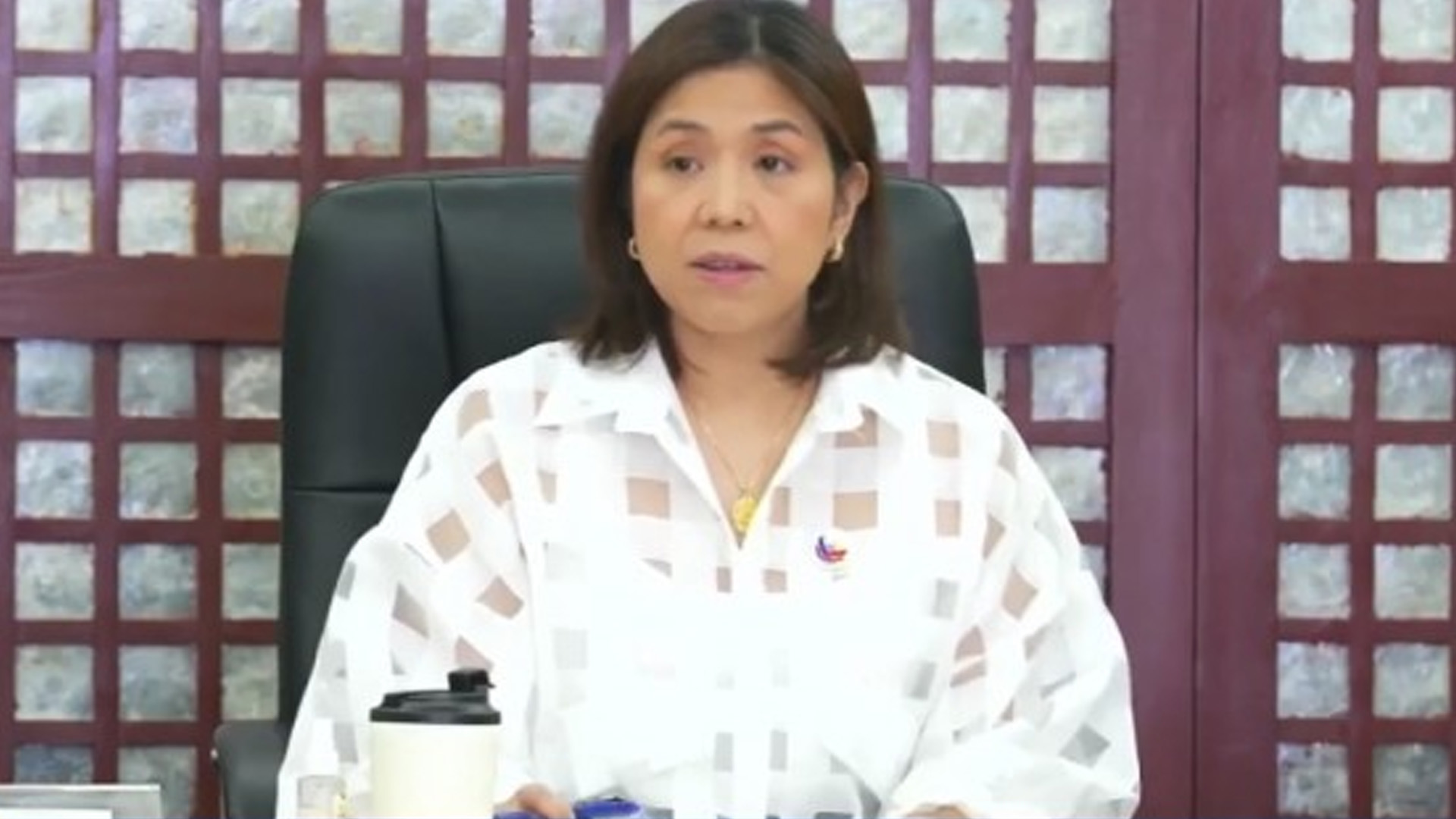Budget Secretary Amenah Pangandaman on Thursday pledged to bolster the integration of gender considerations into fiscal policies to promote equality.
“As your Budget Secretary, I commit to scaling up tracking and monitoring and to strengthening gender-responsive public financial management,” Pangandaman said during the Official Development Assistance – Gender and Development (ODA-GAD) Network’s meeting at the DBM central office in San Miguel, Manila.
Pangandaman made the statement, as she touted that government agencies continue to meet and even exceed the minimum requirement for the 5 percent allocation of their respective budgets for GAD projects and programs.
She said public spending on initiatives aimed at empowering women becomes a “lived outcome,” citing the success of the gender and development tagging, the gender mainstreaming monitoring system, gender-sensitive procurement, and public expenditure and financial accountability assessment report.
She added that there would also be a GAD accountability dashboard to track progress on transformative actions to advance gender equality.
Pangandaman emphasized the need to keep aligning the systems, champion transparency, and listen to front-line workers and communities to improve the government’s gender responsiveness.
“Then, it is our duty to redesign our policies, programs and budgets so that results truly reach the last mile,” Pangandaman said.
“In this regard, we are fortunate to have a leader like President Ferdinand R. Marcos, Jr., whose steadfast support helps us advance inclusive, gender-responsive development so that every peso we steward delivers real safety, dignity and opportunity for Filipinos, especially women and their families.”
Pangandaman emphasized that the Philippine Development Plan 2023–2028 and the National Action Plan on Women, Peace, and Security 2023–2033 underscore the critical importance of gender mainstreaming in achieving sustainable and inclusive development.
“And to you, our partners, good budgeting starts with good listening. Our laws set the guardrails. The Magna Carta of Women and the Safe Spaces Act protect the rights and dismantle all barriers,” she said.
“But laws matter most when budgets and programs change daily life. When women feel safer, services are accessible and opportunities are within reach. That is why cooperation is not a courtesy. It’s a condition for impact. Let’s plan, budget, deliver, and learn together.”
Pangandaman called for a collective effort in improving the gender-responsive budgeting.
“No single agency can do this. That is why we need you, we need each other. Together, we can move from five percent compliance to 100 percent impact,” she said. (PNA)






